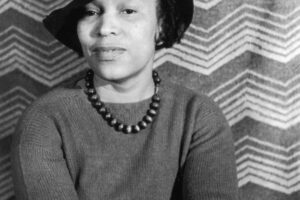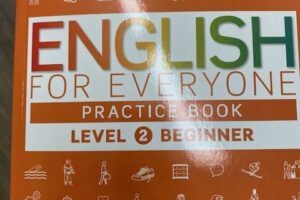
How do we learn? How do we change? How do we improve?
These are three big questions that are addressed in Chapter 9 of Onward by Elena Aguilar. She opens the chapter with the following statement,
If we see challenges as opportunities for learning, if we engage our curiosity whenever we’re presented with an obstacle, we’re more likely to find solutions. This habit and disposition help us not just survive adversity but thrive in the aftermath.
When I was working at ASB I was part of the Research and Development Core Team. This team was set up the year before I arrived to study, prototype, design and develop new teaching and learning environments. We looked at faculty design, project-based learning, alternative school year calendars, the library and mobile technology. The action research we did led to real transformations by creating new physical spaces for learning and new learning approaches, supporting and enriching student learning at the school. We often asked the question “What if ….” and we discovered the joy of inquiry and learning for ourselves as teachers.
Having an R&D department is not usual in schools, but teachers can use their own classroom to inquire into what is happening and why, and to ask the question, “What would happen if I tried ….”
At various times in my life I’ve struggled to be a learner. For example I remember when I moved to The Netherlands I attended evening classes to learn Dutch. It was hard – but it was also good for me to put myself into the role of the learner as it gave me a lot of insight into what my students were going through. Elena shares two frameworks with us that help to explain the process we go through as learners.
The Conscious Competence Ladder – this has 4 rungs on it:
- Unconscious incompetence – we are blissfully ignorant of what we can’t do therefore our confidence exceeds our abilities. At this level we need to figure out the skills we need to learn.
- Conscious incompetence – we know we don’t have the skills and that others can do things that make us struggle. It’s easy to give up at this stage as we lose confidence.
- Conscious competence – we have the skills and we need to put the knowledge and skills into practice to gain more confidence. We need to concentrate when we perform the skills.
- Unconscious competence – we use our skills effortlessly and perform tasks without conscious effort. In order to keep growing at this level we need to teach these skills to others. If we don’t regularly use these skills we can slip back down the ladder.
Source link





